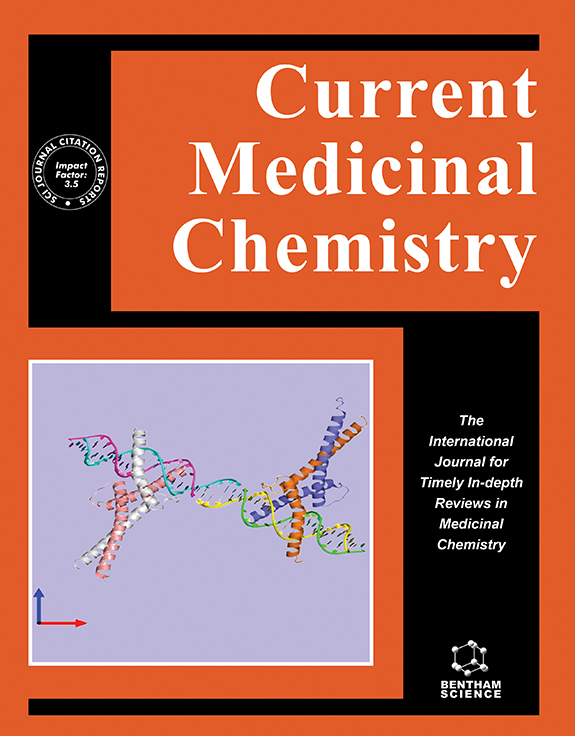Submission Tilte
Sustainable Molecular Design for Health and Economy: New Directions in Medicinal Chemistry
Submission Abstract:
The evolving landscape of medicinal chemistry is increasingly influenced by the urgent need to reconcile human health priorities with sustainability imperatives and economic feasibility. While drug discovery and therapeutic development pipelines lead to substantive scientific outcomes, they nonetheless remain disproportionately resource-intensive, environmentally taxing, and financially enclosed. In response to these requirements, this themed issue entitled "Sustainable Molecular Design for Health and Economy: New Directions in Medicinal Chemistry" offers a collection of works intended to showcase new and evolving research directions that value the interface of green chemistry, bioeconomy, and therapeutic innovation.
The issue will feature research on renewable feedstocks, sustainable synthesis methods, biosurfactants, and biobased molecules that contribute to sustainability and supply chains and develop new biological activities independent of petrochemical solutions. The article theme will extend into compound-oriented formats, including software designed for molecular design, biocatalysis, nanotechnology-based delivery, and advanced bioreactors that ultimately facilitate efficacy and value of therapeutics. The explorations and articles of this special themed issue will concentrate on innovations in sustainable molecular design principles that ultimately align with the objectives of affordable healthcare, circular economy concepts, and sustainability goals in a global context.
This thematic issue engages with the economic aspect of sustainability in medicinal chemistry, beyond technological advancements. Articles will cover approaches to reduce production costs through process intensification, waste valorization, and by implementing low-cost substrates; as well as discussing the potential to increase access to life-saving medicines in developed and resource-limited regions. The intersection of health, economy, and ecology will be presented as a key paradigm for the next generation of pharmaceutical sciences.
By bringing together perspectives from academia, industry and policy, this themed issue seeks to provide a roadmap to sustainable innovation in the area of medicinal chemistry. It reiterates that the future of drug discovery will produce effective therapeutics, while simultaneously upholding notions of environmental stewardship, economic responsibility, and social equity. Ultimately the contributions here demonstrate how sustainable molecular design has the potential to redefine medicinal chemistry into a field that advances innovation in healthcare as well as the health of the planet.




